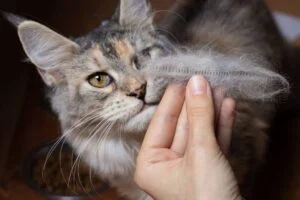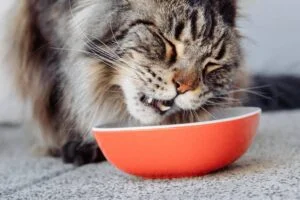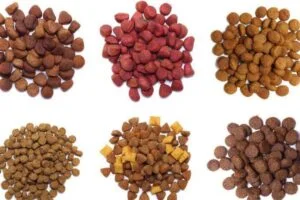5 Best Homemade Foods for Sick Cats
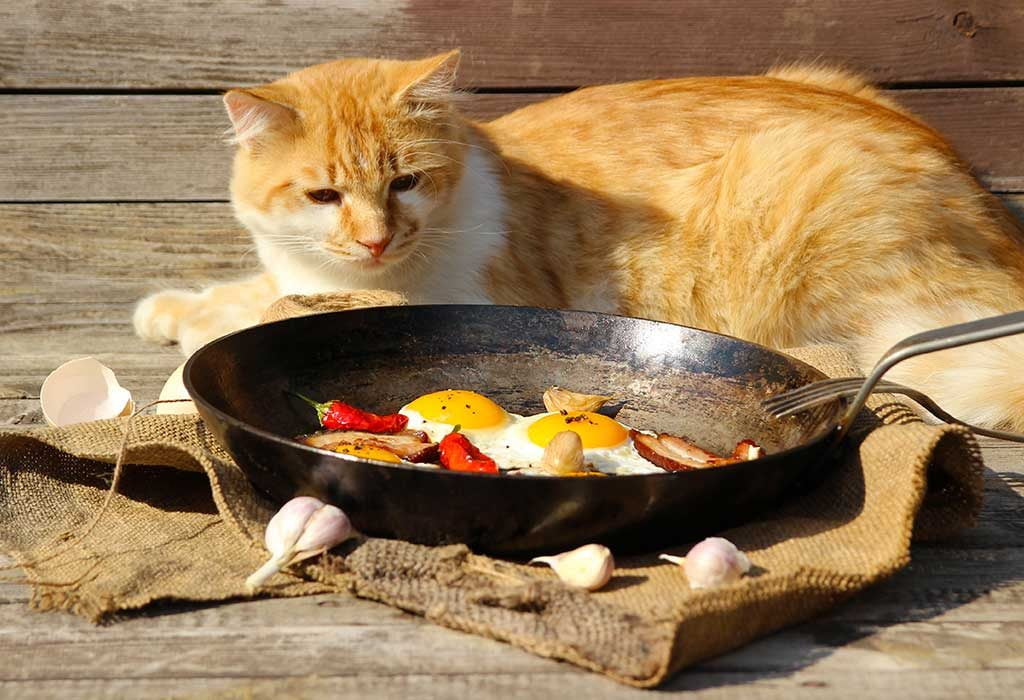
As cat owners, we all want our furry friends to be healthy and happy. Unfortunately, sometimes our cats can get sick and require extra care and attention. One way we can help them on the road to recovery is by providing them with nutritious and delicious homemade food. In this article, we’ll explore the best homemade foods for sick cats and provide you with all the information you need to make sure your cat is getting the nutrients they need.
Why Homemade Food May Be Beneficial for Sick Cats
When a cat is sick, their appetite may decrease, and they may become picky eaters. Homemade foods for sick cats can be a great solution because it is typically more appetizing and can be tailored to meet a cat’s specific nutritional needs. Additionally, homemade food is often made with high-quality ingredients, which can help boost a cat’s immune system and promote healing.
There are many types of foods that are safe and nutritious for cats, including chicken, beef, fish, and turkey. It’s important to choose lean cuts of meat and to avoid fatty or processed meats. Vegetables such as sweet potato, pumpkin, and green beans can also be included in a cat’s diet. However, it’s important to note that not all human foods are safe for cats, so it’s essential to do your research before feeding your cat any homemade meals.
Before making any changes to your cat’s diet, it’s crucial to consult with a veterinarian. They can provide guidance on your cat’s specific nutritional needs and advise you on the best homemade foods to feed your cat. Additionally, if your cat has a medical condition, such as kidney disease, they may require a specialized diet, so it’s essential to work with a veterinarian to ensure that their dietary needs are being met.
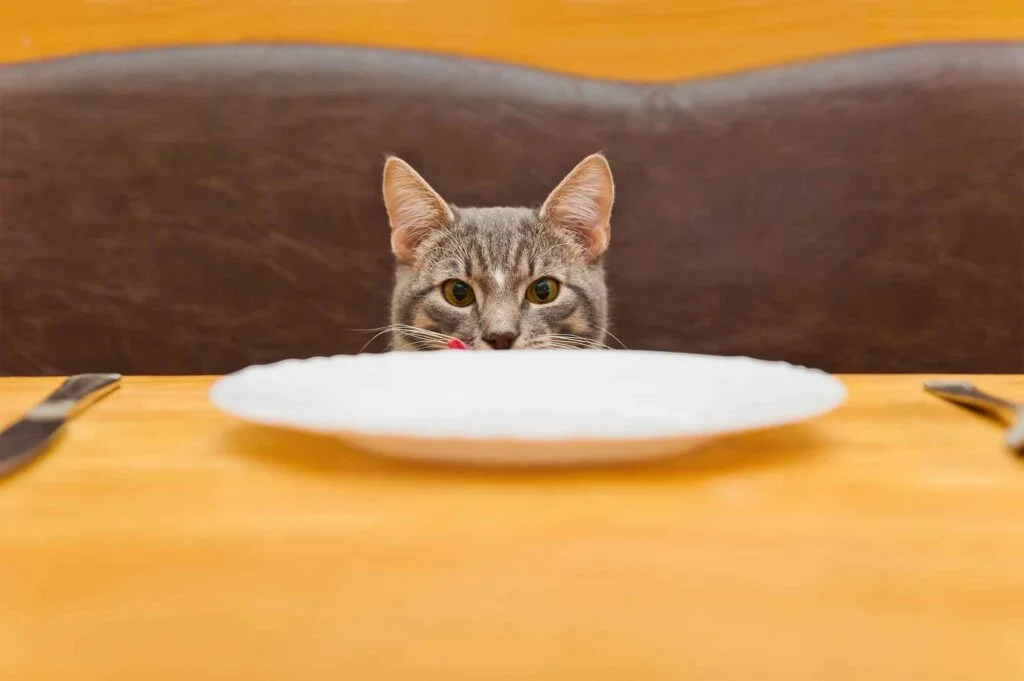
Nutritional Requirements for Sick Cats
When a cat is sick, their nutritional requirements may differ from when they are healthy. It’s important to provide them with the nutrients they need to heal and recover. Here are some of the essential nutrients that a cat’s diet should include:
Protein: Protein is essential for tissue repair and immune system function. A cat’s diet should include 25-45% protein, depending on their age, weight, and medical condition. There may be medical conditions which require low-protein diets for your cat, so its important to consult with professionals before making any drastic changes to your cats diet.
Fats: Fats provide energy and help the body absorb certain vitamins. A cat’s diet should include 15-20% fat, depending on their medical condition.
Carbohydrates: Carbohydrates provide energy and can help with digestion. However, cats do not require as many carbohydrates as humans do. A cat’s diet should include 1-2% carbohydrates.
Vitamins and minerals: Cats require a variety of vitamins and minerals, including vitamins A, D, E, K, B12, calcium, and phosphorus. These nutrients are essential for bone health, immune system function, and overall well-being.
Homemade foods for sick cats allow you to specifically measure out the correct ratio of these nutrients into your cats diet. Commercial foods are tailored towards the needs of the “average” and “healthy” cat, and may not be suitable for a sick cat.
How Homemade Food Can Provide These Nutrients
Homemade food can provide all of the nutrients that a cat needs to heal and recover. For example, a homemade chicken and rice recipe can provide protein, carbohydrates, and some essential vitamins and minerals. Additionally, homemade food can be customized to meet a cat’s specific nutritional needs.
This is also great for cats with medical conditions like “Kidney disease” or “Liver disease” which enforce extra restrictions on a cat’s diet.
It’s essential to provide cats with a balanced and varied diet to ensure that they are getting all the nutrients they need. This means including a variety of proteins, vegetables, and fruits in their diet. Additionally, it’s important to avoid feeding cats the same food every day, as this can lead to nutrient deficiencies.
In the next section we will present FIVE of the BEST homemade foods for Sick Cats.
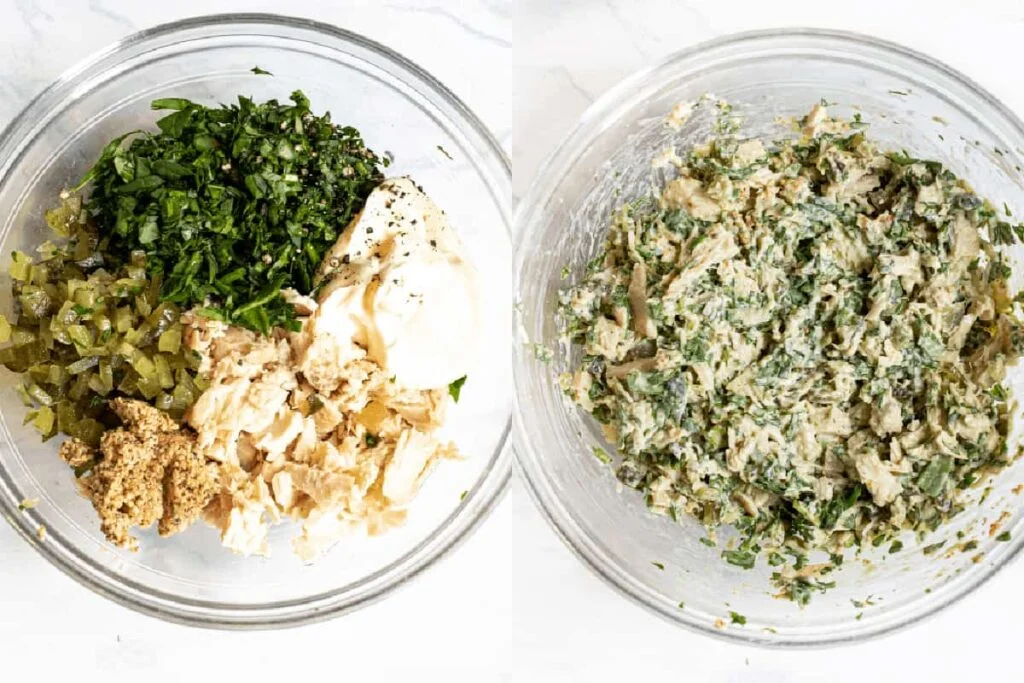
Best Homemade Foods for Sick Cats (Recipes)
Now that we’ve covered the nutritional requirements for sick cats let’s take a look at some homemade food recipes that are suitable for cats who are feeling under the weather. Each recipe is designed to provide the nutrients that a sick cat needs to heal and recover.
Chicken and Rice
This classic recipe is a great option for cats who have a sensitive stomach or are recovering from an illness. Chicken is a lean source of protein, and rice is easy to digest, making this recipe gentle on a cat’s digestive system.
Ingredients:
- 1 pound boneless, skinless chicken breast
- 1 cup cooked white rice
- 1/2 cup cooked carrots
- 1/2 cup cooked green beans
- 1 tablespoon olive oil
Instructions:
- Preheat oven to 375°F.
- Cut chicken into small, bite-sized pieces and place in a baking dish.
- Add cooked rice, carrots, and green beans to the dish.
- Drizzle with olive oil and stir to combine.
- Bake for 25-30 minutes or until the chicken is cooked through.
- Allow to cool and serve in small portions, as recommended by your veterinarian.
Fish and Sweet Potato
Fish is a great source of lean protein and omega-3 fatty acids, which can help reduce inflammation and promote healing. Sweet potatoes are a nutritious source of carbohydrates and fiber.
Ingredients:
- 1 pound boneless, skinless white fish (such as cod or tilapia)
- 1 large sweet potato, peeled and chopped
- 1/2 cup peas
- 1 tablespoon olive oil
Instructions:
- Preheat oven to 375°F.
- Cut fish into small, bite-sized pieces and place in a baking dish.
- Add chopped sweet potato and peas to the dish.
- Drizzle with olive oil and stir to combine.
- Bake for 25-30 minutes or until the fish is cooked through and the sweet potato is tender.
- Allow to cool and serve in small portions, as recommended by your veterinarian.
Beef and Pumpkin
Beef is a great source of protein, and pumpkin is a nutrient-dense vegetable that can help promote digestive health.
Ingredients:
- 1 pound ground beef
- 1 cup canned pumpkin
- 1/2 cup cooked brown rice
- 1/2 cup cooked green beans
Instructions:
- In a large skillet, cook ground beef over medium heat until browned and cooked through.
- Add canned pumpkin, cooked brown rice, and cooked green beans to the skillet.
- Stir to combine and cook for an additional 5-10 minutes.
- Allow to cool and serve in small portions, as recommended by your veterinarian.
Turkey and Carrots
Turkey is a lean source of protein that can help support a cat’s immune system, and carrots are a nutritious source of vitamins and minerals.
Ingredients:
- 1 pound ground turkey
- 1 cup chopped carrots
- 1/2 cup cooked brown rice
- 1 tablespoon olive oil
Instructions:
- In a large skillet, cook ground turkey over medium heat until browned and cooked through.
- Add chopped carrots, cooked brown rice, and olive oil to the skillet.
- Stir to combine and cook for an additional 5-10 minutes.
- Allow to cool and serve in small portions, as recommended by your veterinarian.
Lamb and Squash
Lamb is a nutrient-dense source of protein, and squash is a nutritious source of vitamins and fiber.
Ingredients:
- 1 pound ground lamb
- 1 large squash, peeled and chopped
- 1/2 cup cooked quinoa
- 1 tablespoon olive oil
Instructions:
- In a large skillet, cook ground lamb over medium heat until browned and cooked through.
- Add chopped squash, cooked quinoa, and olive oil to the skillet.
- Stir to combine and cook for an additional 5-10 minutes or until the squash is tender.
- Allow to cool and serve in small portions, as recommended by your veterinarian.
It is important to note that these homemade food recipes should only be given to sick cats after consulting with a veterinarian. Your veterinarian can provide recommendations for the specific type and amount of food that will help your cat recover. It is also important to introduce new foods gradually to avoid any digestive upset.
In addition to homemade food, it is important to ensure that your sick cat has access to plenty of fresh water and that they are eating small, frequent meals throughout the day. Monitor your cat’s appetite and behavior closely and contact your veterinarian if you notice any changes.
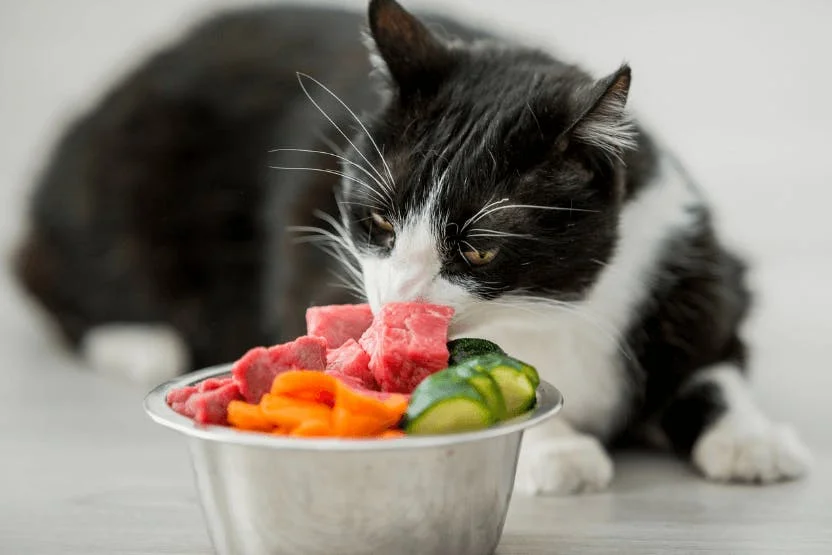
Tips for making homemade food for sick cats
If you have decided to feed your sick cat homemade food, there are a few things to keep in mind to ensure that your cat is getting a balanced and nutritious diet:
- Safety Precautions for Handling and Preparing Food:
When handling and preparing food, make sure to follow food safety guidelines to avoid contamination. Wash your hands and any surfaces that come into contact with the food to prevent the spread of bacteria. Use separate cutting boards for raw meat and vegetables to avoid cross-contamination. - Importance of Using High-Quality Ingredients:
Use high-quality ingredients to ensure that your cat is getting all the necessary nutrients. Choose fresh, organic, and unprocessed ingredients whenever possible. Avoid using ingredients that are past their expiration date or have been stored improperly. - Guidelines for Portion Sizes and Feeding Frequency
Portion sizes and feeding frequency will vary depending on your cat’s individual needs. In general, cats should be fed small, frequent meals throughout the day. Talk to your veterinarian about the appropriate portion sizes for your cat’s age, weight, and condition. - Advice on How to Transition a Cat to a Homemade Diet
When transitioning your cat to a homemade diet, do it gradually to avoid any digestive upset. Mix a small amount of the new food with the old food and gradually increase the amount of new food over several days.
Foods to Avoid Giving to Sick Cats
While some human foods can be safe for cats, others can be harmful or even toxic. Here are some foods to avoid giving to your sick cat:
- Chocolate – contains a toxic ingredient called theobromine that can be harmful to cats.
- Onions and garlic – contain compounds that can damage a cat’s red blood cells.
- Grapes and raisins – can cause kidney failure in cats.
- Alcohol – can be toxic to cats and cause serious health problems.
- Raw eggs, meat, and fish – can contain harmful bacteria that can make cats sick.
It is important to keep your cat’s diet safe and healthy by avoiding these foods and sticking to a balanced and nutritious diet recommended by your veterinarian.
Conclusion
In conclusion, homemade foods for sick cats can be a great solution for providing nutritious and delicious meals to help them recover quickly from an illness. Homemade food can be tailored to meet a cat’s specific nutritional needs and can be made with high-quality ingredients that can help boost a cat’s immune system and promote healing. However, it’s essential to consult with a veterinarian before making any changes to your cat’s diet, especially if your cat has a medical condition that requires a specialized diet.
By following these guidelines and recipes, cat owners can ensure that their furry friends receive the best care and nutrition to help them get back to their happy and healthy selves.
